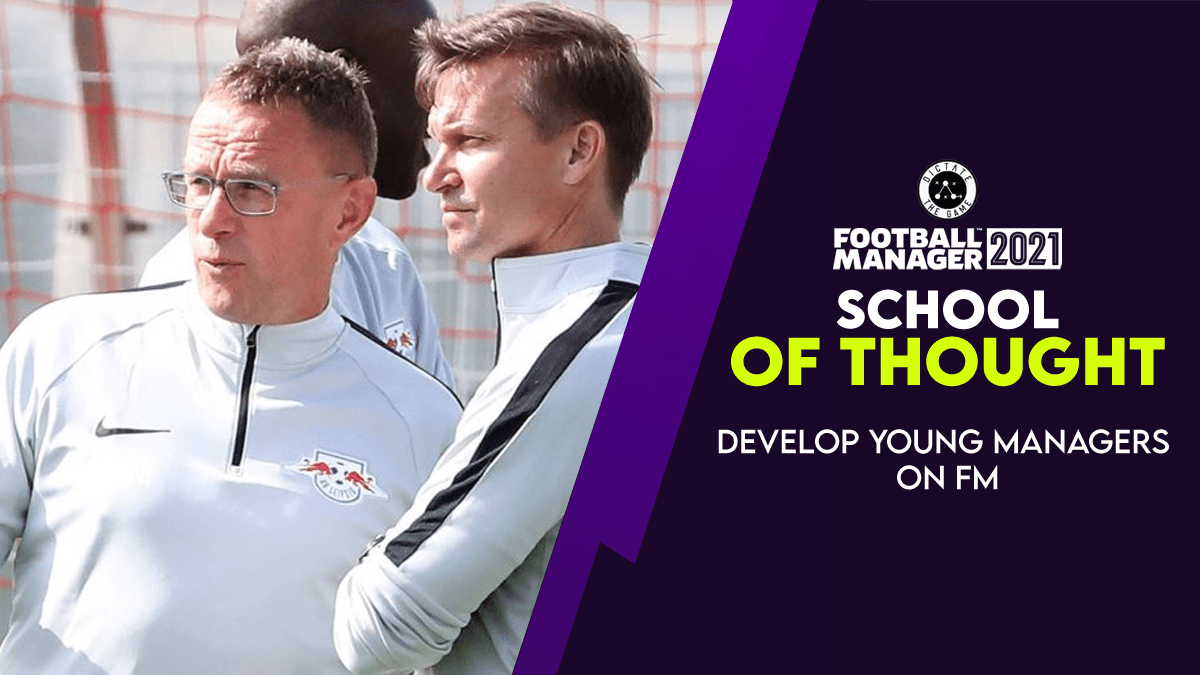
School of Thought – Develop young managers on FM
With the announcement that Julian Nagelsmann will be taking over at Bayern Munich for next season, that will make it three coaches in succession that have taken German football’s most laureate job after having worked for one of Red Bull’s network of teams. His successor at Leipzig, Jesse Marsch, comes from the same school. Others managers linked with that structure, like Marco Rose, Roger Schmidt, Oliver Glasner or Adi Hutter, are succeeding elsewhere. Red Bull academy’s influence can be seen across many managers. Let’s take a look at how to replicate it and develop young managers on Football Manager
Down to the basics
Before we can think about any number of strategies and structures, we need to consider the basics. In Football Manager you can hire former players and other coaches and give them jobs across your staff, from First Team Assistant Manager to U18 coaches. This process can be left entirely automated by delegating the tasks to a staff member or fiddled with to eternity by yourself. The people you hire will have a CA and a PA like players. As they gain experience they’ll improve, enhancing their coaching capabilities as they develop as young managers.
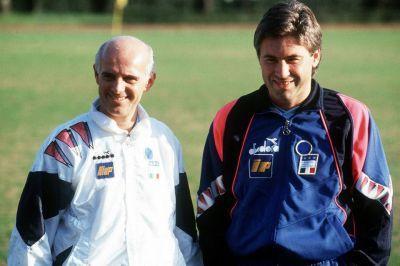
The bulk of their development, however, comes via the coaching licences. Unlike the human manager, they can pay for their courses themselves. They have a favoured style of play (both in terms of attack, defence and directness), a favoured formation, and (like all AIs) a personality. As they progress, your staff will ask for money and may ask for a better position if available. Other teams may also eventually poach them.
With all that in mind, the questions that follow are: What is it we’re trying to achieve? How are going to go about it? Which are the important bits to examine? And why would we want to do it?
Building a footballing School of Thought
Several great managers developing from the environment of a single club is hardly a new phenomenon. In “The Barcelona Legacy”, Jonathan Wilson calls Louis Van Gaal’s first tenure at FC Barcelona as “effectively the greatest seminar in the history of the game”, as names like Guardiola, Mourinho, Luis Enrique, Koeman, De Boer and Cocu coincided under one roof and went to manage at the top level.
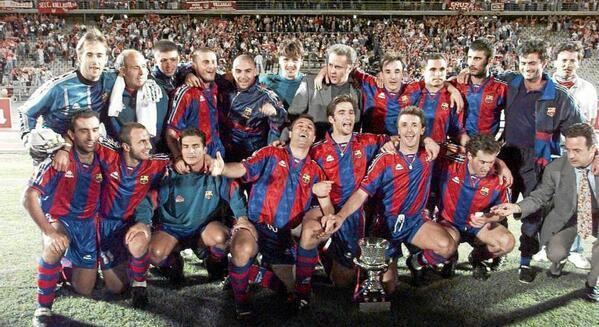
However, there is something different in the way the Red Bull football structure does it; a sort of conveyor belt feeling to it. It’s not about many great tactical minds coinciding at one club by chance; we want a serial production of them, with steps, progression and a final goal. They consistently develop young managers. This is the process we’re trying to emulate. We’re looking to create a system from which managers can gradually evolve inside the club. The focus isn’t giving one specific former player the start of their coaching career. Instead, we look to develop an entire path inside your structure.
The way you want to build this structure makes so you’re inevitably going to move staff forwards much like you slowly promote youth players. You need to be on the outlook for young potential managers within your squad and gradually include them in the coaching structure. Many of them won’t be ready for a youth side manager job from the get-go; instead, they might join as coaches or assistant managers to the u18/u21 boss. With a few seasons under your belt, the transition from team veteran to rookie staff will become more natural. Nevertheless, I always recommend looking for any interesting outsiders (think Mourinho in that Barça side).
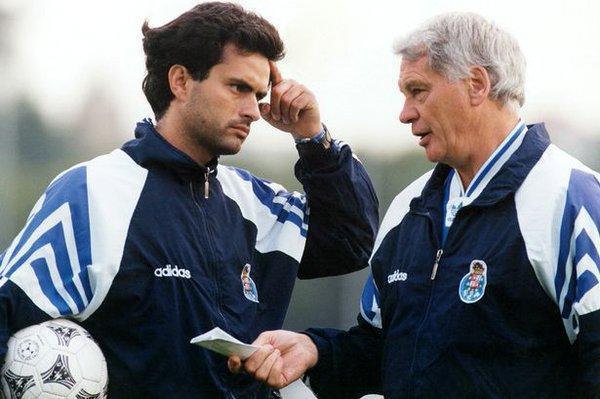
It’s not a cheap process either. Like we said previously, the bulk of a manager’s development comes from licenses. You’ll want to pay for them if you intend to develop these coaches under this structure. This way you reap the rewards of a highly trained coaching staff, but they’ll eventually leave. This is because unless you’re playing a multi-team save, the structure is going to be limited by your own club. With you as the brains of the operation, the u21 manager and the assistant manager spots are the highest levels you’re going to be able to offer.
When to promote any single individual (and when to let any of them go) is entirely up to your judgement and their demands come contract renewal time. However, getting the conveyor belt started is far harder than actually keeping it going. You’re going to need to scout for the right people and fill the spots accordingly, which becomes easier with time. Let’s take a look at what we should be looking when choosing young managers to develop.
The right fit
Evaluating the candidates for your coaching structure can prove tricky; depending on which team you’re managing you may be starved for candidates or overwhelmed by them. In general, there are 4 things you have to look out for: Personality, Coaching Style, and Tactical Mindset.
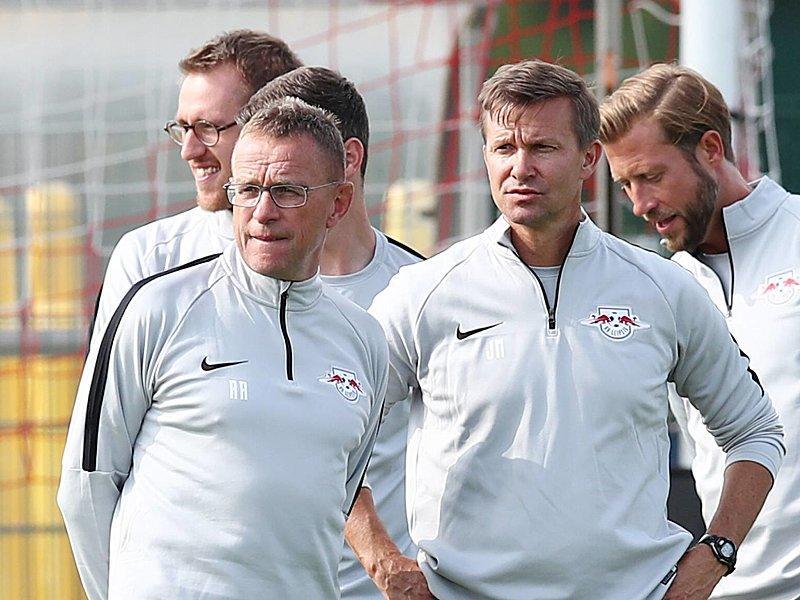
The first one is rather obvious. Apart from being better for their development as coaches, these people are going to learn their trade at your club, so you ideally want them to be a good influence around your youth prospects. Whilst your staff’s influence won’t be as big as (for example) the HoYD, you still want it to be a positive one. Obvious candidates are perennial golden boys “Model Citizen” and “Model Professional”, with other classics like “Professional”, “Resolute”, “Iron Willed” or “Perfectionist” close behind. You want to develop young managers with the right attitude.
Second, you want them to have a coaching style similar to yours. This will determine which training session’s they’ll pick and which areas of the game they’re going to focus on. As players move through your academy and these managers work with them at different stages, you don’t want any massive outliers, particularly if you’ve got a well defined tactical style. Coaching Style can be “General”, “Attacking”, “Defending”, “Tactical”, “Techincal” and “Mental” (with “Fitness” and “Goalkeeping reserved for specific coaches). A perfect fit may not be mandatory. However, it needn’t an explanation why a Defensive style coach might not be a great fit for a side looking to play possession-based football.
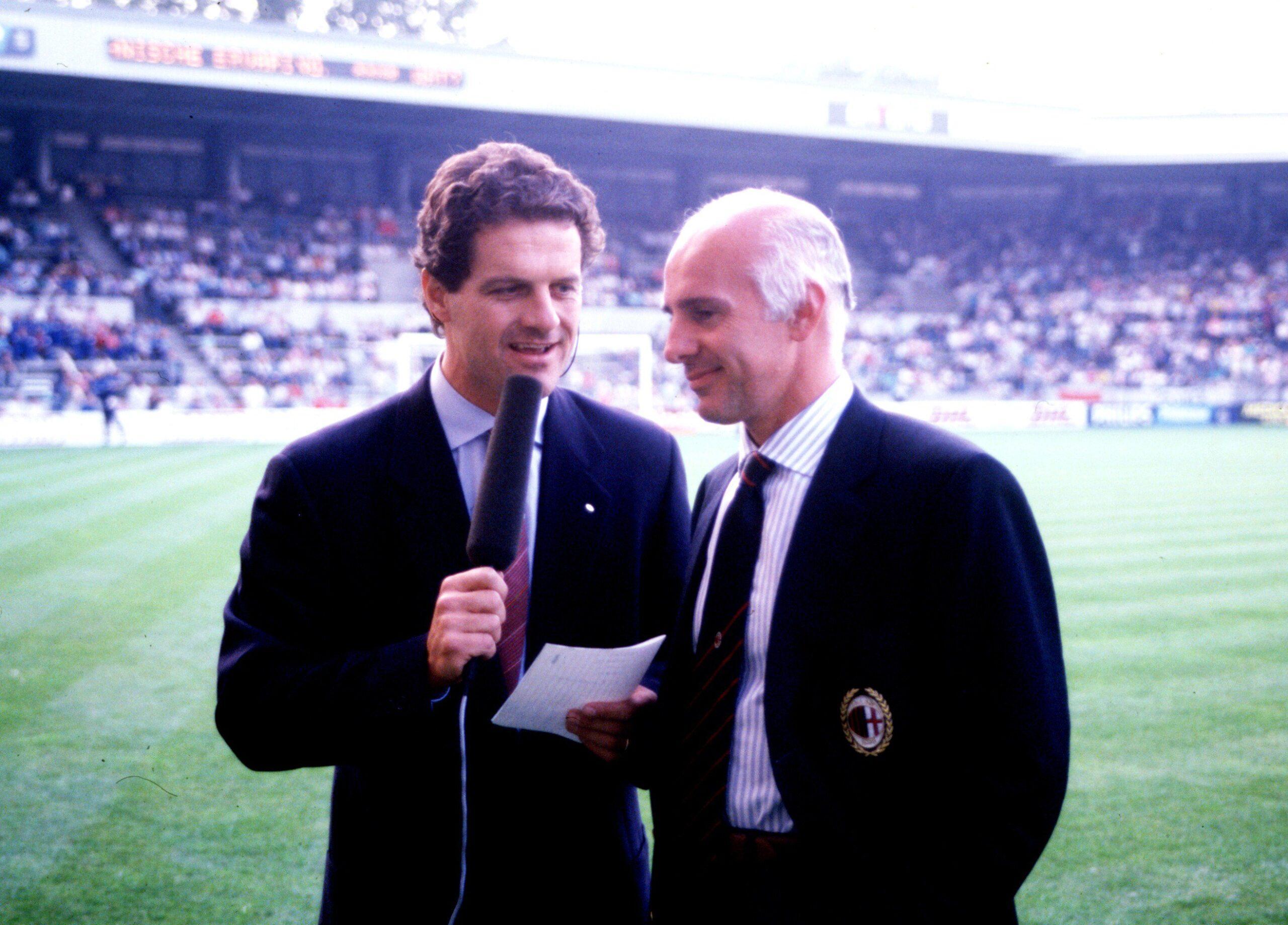
Finally, we have the Tactical Mindset which is not an actual FM term. It’s actually an umbrella title I’ve created for a set of different parameters within the game. We’re looking at a coach’s Tactical Style, Preferred Formation, Marking Style, Pressing Style, Playing Mentality and Playing Style. Each of these attributes makes how each coach prefers to play, regulating whether they like to mark zonally or man, play direct or pass it short and any favourite formations they like to use. All these vary greatly from coach to coach, so looking for a perfect fit once again might not seem necessary. That being said, it will certainly be best not to employ any total outliers.
Why would this matter if you can very easily set the youth sides to play in the same style as the first team? Well, because just because you overrule it, it doesn’t mean it goes away. These preferences will still influence the decisions a manager takes during a match, the players they favour and the instructions they give. Unless you’re willing to micromanage each aspect of your youth sides, it’s important to find staff that matches your tactical identity.
The goal
All of this leads us to the biggest question…why? Like most things in FM, you can run a game entirely dependent on the AI or run a game where you have total control. So, what can we gain by growing coaches in your back garden?
Well, like most things for me, a bit of it is the narrative thrill. You’re the sage, the old wise head moulding the minds of the young, creating the football of tomorrow in your own image, filling the top clubs with your proteges. Being the Cruyff to their Pep, the Sacchi to their Ancelotti; you can’t deny it’s a tempting idea.
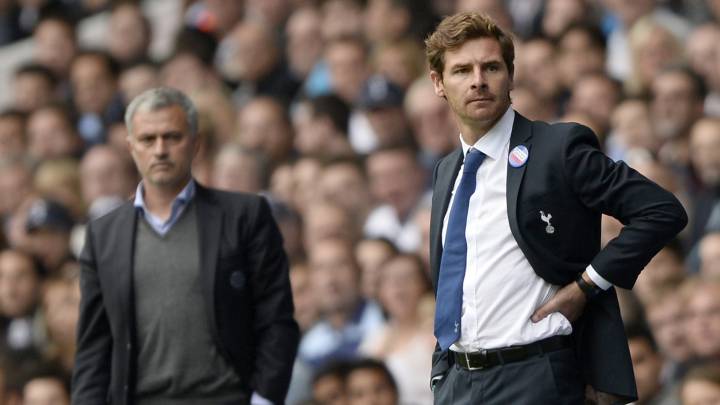
Coming down to more terrestrial goals, you’re going to get the rewards of a constantly improving staff. That translates into player development and all that comes with it. You can delegate everything in FM, but you can’t do everything. You still need coaches and assistants and the lot of it. By making sure you’re constantly improving your staff, you’re assuring the quality of your training sessions.
There’s also the benefit of having friends in high places. Particularly when it comes to former players, if you’ve built a good relationship with them that means any future dealings you may have will run be smoother. They may be their own man now, but they won’t forget what you did for them in the past.
So there you have it. Look for people after your own mind, develop these young managers talents through your youth academies and let your brand of football conquer the world.
Enjoyed this? Here are other articles for you:
Mastering Substitutions | A Guide To Utilising Your Bench During A Game
From Kingston to Kirkcudbright | PART THREE | Acclimatising Nicely
Because No Good Story Starts With A Glass Of Milk: Suggestions For When You Can’t Get Into A Save
Total Football Journeyman: Building Effective Partnerships in FM21
Recreating Diego Armando Maradona in FM21
Follow us here: